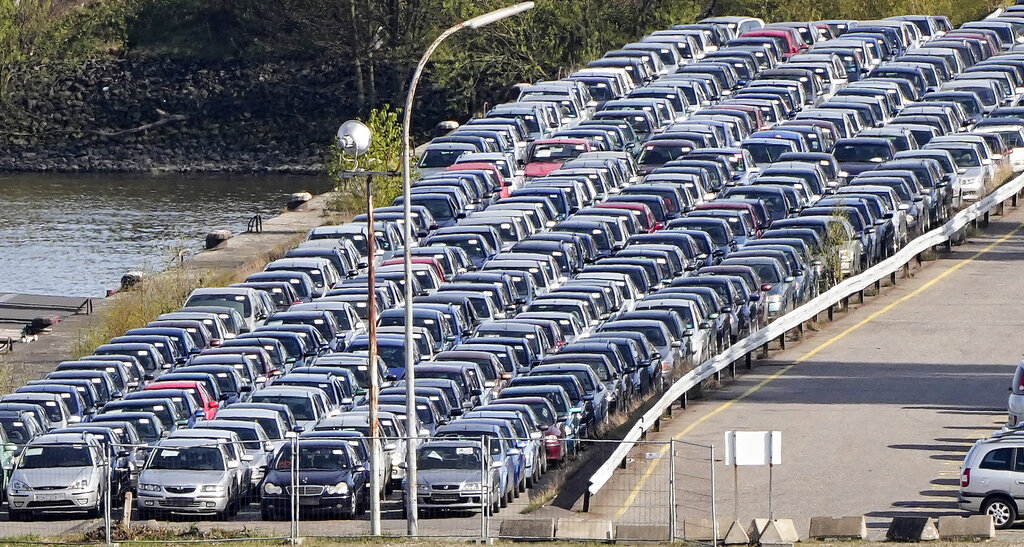The Council of the European Union passed regulations aimed at reducing the number of gasoline and diesel-powered cars on European roads, with the regulation assuming a 100 percent reduction in CO2 emissions for new vehicles after 2035. The regulation essentially means new gasoline cars will no longer be available for purchase or registration.
From 2035 onward, only electric and hydrogen cars will be available for purchase in the EU. Driving gasoline cars will still be legal, but it will not be possible to buy them.
In a recent poll by United Surveys, respondents were asked whether the new EU regulations banning the sale of gasoline cars was a good decision.
Of those polled, 64.7 percent of respondents believe the decision was bad, with 48 percent choosing the answer that it was “definitely bad” and 16.7 percent responding that it was “rather bad.”
Meanwhile, 26.9 percent of respondents believe that the ban is a good decision, while 8.5 percent have no opinion on the matter.
According to the poll, the largest group of opponents of the new EU regulation are people aged 40-49 (84 percent) and 18-29 (82 percent).
The Polish government strongly opposes the introduction of a ban on combustion engine cars by 2035 in the EU.
Poland’s Climate Minister Anna Moskwa commented that “non-transparent and informal discussions, where Germany pushes solutions beneficial to its own market, show that this has nothing to do with a fair transformation.” Additionally, Polish Prime Minister Mateusz Morawiecki also stressed that this idea is unacceptable to the Law and Justice (PiS) government.





